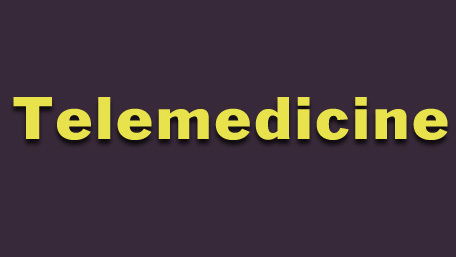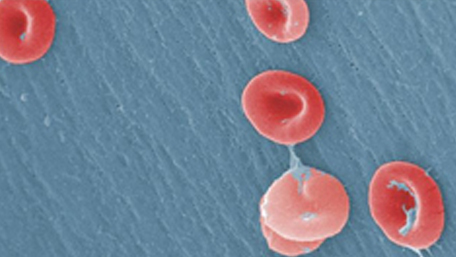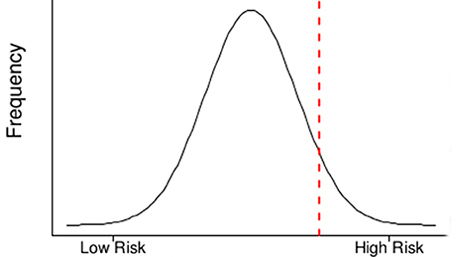
03/12/2021
Hot Topics of the Day are picked by experts to capture the latest information and publications on public health genomics and precision health for various diseases and health topics. Sources include published scientific literature, reviews, blogs and popular press articles.
Sign up MyPHGKB to receive the daily hot topic email alert.
Archived Hot Topics of the Day By Date
Mapping the human genetic architecture of COVID-19 by worldwide meta-analysis
The COVID-19 Host Genetics Initiative, MEDRXIV, March 12, 2021
The intersection of genetics and COVID-19 in 2021
SA Rasmussen et al, Genetics in Medicine, March 12, 2021
Early introductions and community transmission of SARS-CoV-2 variant B.1.1.7 in the United States
T Alpert et al, MEDRXIV March 11, 2021
Coronavirus GenBrowser for monitoring the transmission and evolution of SARS-CoV-2
D Yu et al, MREDRXIV, March 11, 2021
SARS-CoV-2 genomic surveillance identifies naturally occurring truncations of ORF7a that limit immune suppression
AA Nemudryi et al, MEDRXIV, March 10, 20201
Governing AI-Driven Health Research: Are IRBs Up to the Task?
Friesen Phoebe et al. Ethics & human research 2021 43(2) 35-42
7 tips for responsible use of health care AI
TA Henry, AMA, March 2021
Natural Language Processing and Machine Learning for Identifying Incident Stroke From Electronic Health Records: Algorithm Development and Validation.
Zhao Yiqing et al. Journal of medical Internet research 2021 23(3) e22951
The Role of Genetic Testing for Parkinson's Disease.
Cook Lola et al. Current neurology and neuroscience reports 2021 21(4) 17
Assessing the quality of mobile applications in chronic disease management: a scoping review
P Agarwal et all, NPJ Digital Medicine, March 10, 2021
Sickle Cell Treatment Not Linked to Cancer, Researchers Say
G Kolata, NY Times, March 10, 2021
NIH researchers develop guidelines for reporting polygenic risk scores
P Ganguly, NHGRI, March 10, 20201

Disclaimer: Articles listed in Hot Topics of the Day are selected by Public Health Genomics Branch to provide current awareness of the scientific literature and news. Inclusion in the update does not necessarily represent the views of the Centers for Disease Control and Prevention nor does it imply endorsement of the article's methods or findings. CDC and DHHS assume no responsibility for the factual accuracy of the items presented. The selection, omission, or content of items does not imply any endorsement or other position taken by CDC or DHHS. Opinion, findings and conclusions expressed by the original authors of items included in the Clips, or persons quoted therein, are strictly their own and are in no way meant to represent the opinion or views of CDC or DHHS. References to publications, news sources, and non-CDC Websites are provided solely for informational purposes and do not imply endorsement by CDC or DHHS.
- Page last reviewed:Feb 1, 2024
- Page last updated:Apr 15, 2024
- Content source:








